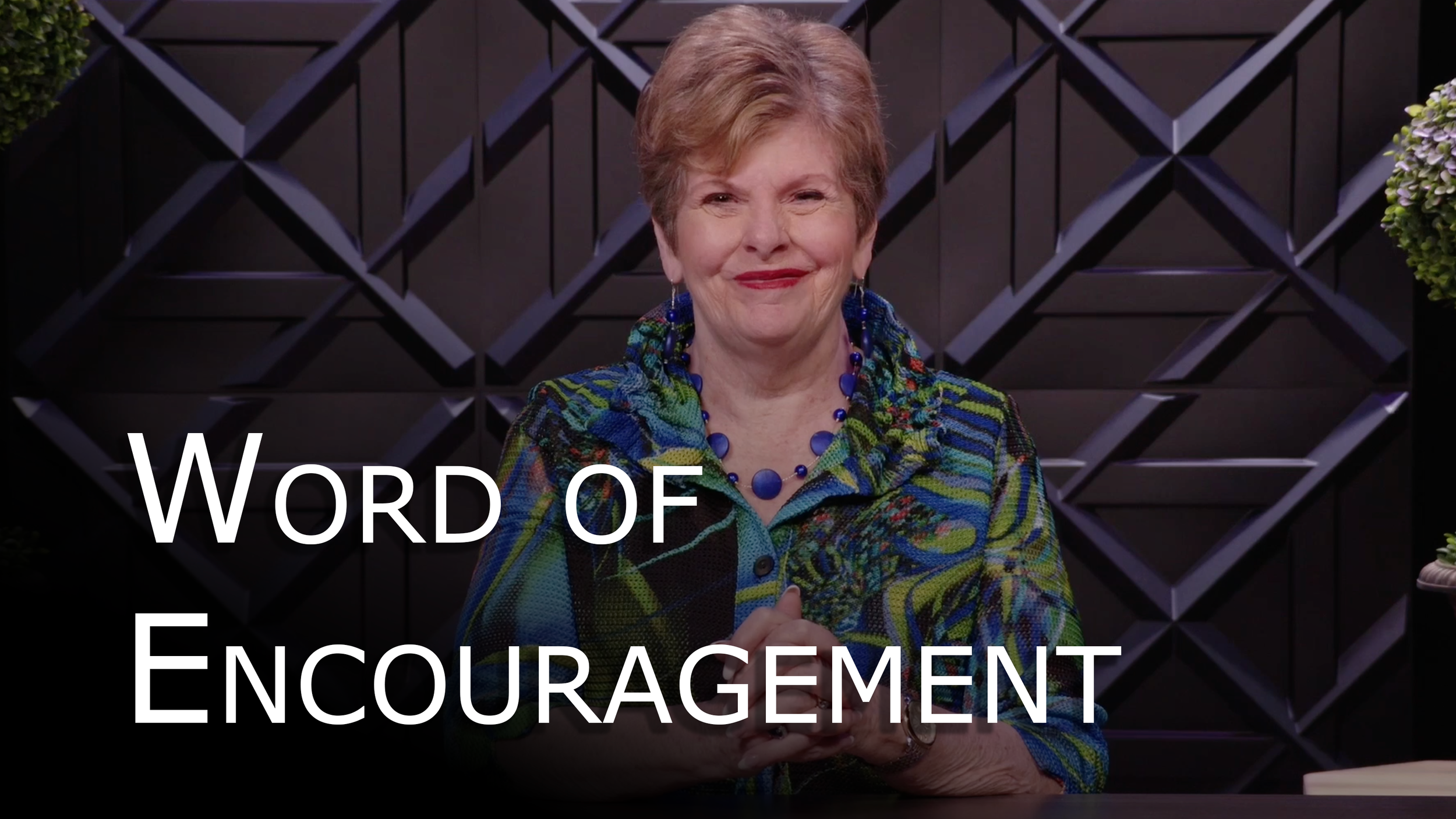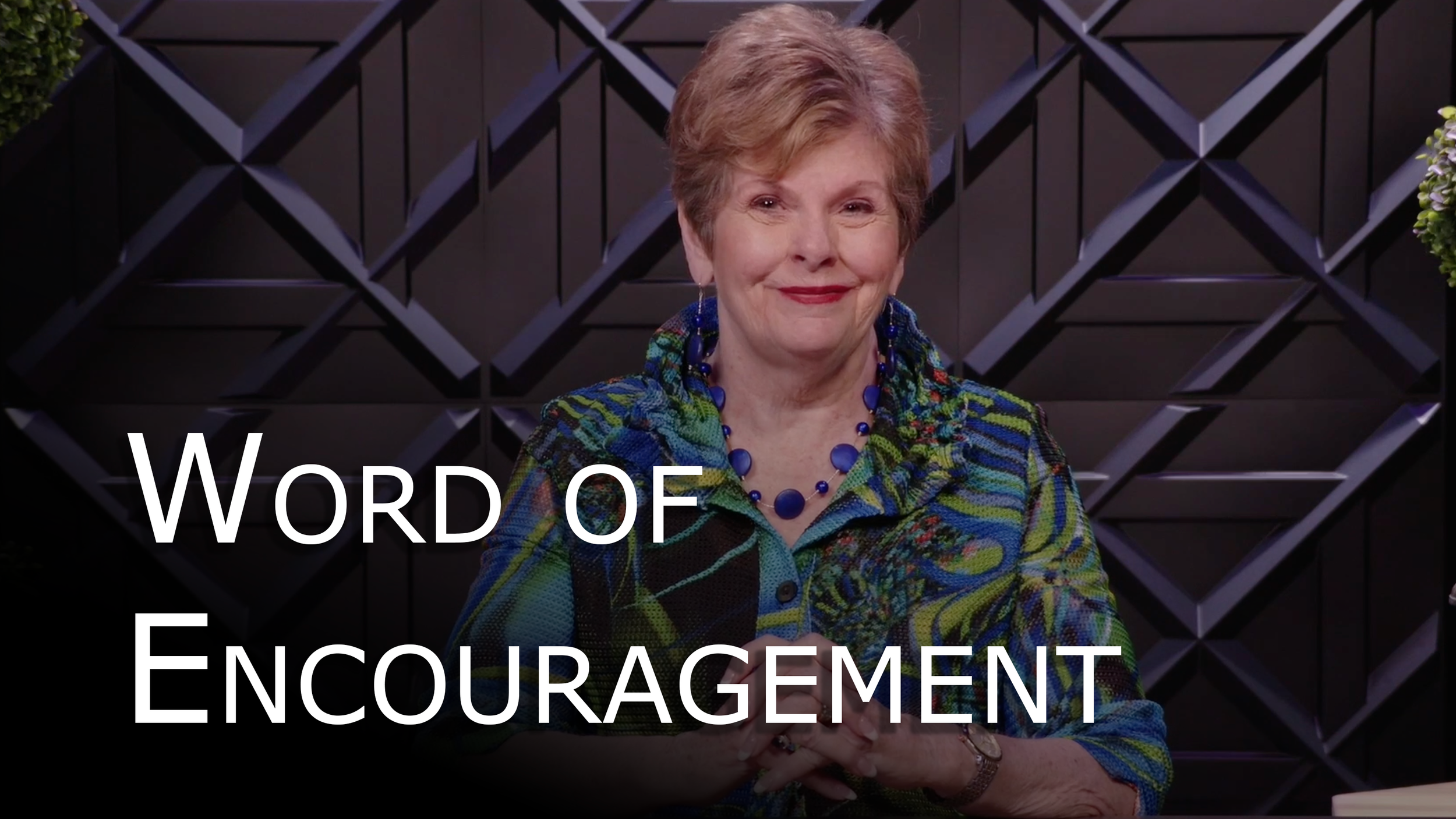
Growing up in the church, I really wrestled with the idea of prophecy and being prophetic. In 1 Corinthians 14, I read Paul’s admonition to eagerly desire the gift of prophecy, yet something in me resisted with a quiet, but firm “no thank you.”
It wasn’t that I didn’t believe in prophecy or think it was real. It wasn’t even because of the times I’d seen the prophetic used manipulatively, although that certainly didn’t help. My primary resistance was because, well, prophetic people seemed weird. (Is that too much honesty?) The Biblical prophets didn’t strengthen the case much—giving their kids strange names, lying on their sides for hundreds of days, walking around naked, and being generally misunderstood by the rest of the world.
Add to that the heavy responsibility of giving a word from God to someone and hoping you got it right, and it just seemed like way more than I’d signed up for!
But as a 19 year old girl, I found myself serving as a youth leader for a Vineyard church in England. John Wimber and the Vineyard movement really helped pioneer the idea that anyone who was a believer could “do the stuff” Jesus had done; spiritual gifts were not reserved for an elite few, but rather were available to anyone who was willing to partner with the Holy Spirit.
In this church, space was consistently made for people to “practice the prophetic.” Sometimes this happened in small groups; sometimes it happened in Sunday services. Everyone—even kids and youth—had the opportunity to learn and grow in this gift.
In a small group setting, there were two general ways this practice might happen. We would pray, asking God to open our eyes and hearts to see what He was doing and hear what He was saying. And then we would take turns speaking what we heard to each other. Other times, we would all give words to one individual.
Practicing the prophetic in Sunday services was even more fun. Our pastor would call 5-10 people up to the front. He would ask them to look out at the congregation and see if they had a word for anyone. Other times, he would reverse it and ask the congregation if they had a word for any of the people standing up front.
In either setting, the only reasons this approach was successful were because practical teaching was offered and everyone knew it was a safe place. There was no pressure to get it right or wrong. You didn’t have to try to explain what you were hearing or seeing. You said what you thought you heard, and it was between the individual and God to work out what the significance was.
The pastor would often give people being prophesied over a chance to briefly share if anything resonated with them which helped everyone else realize they really were hearing from God. And if something didn’t resonate right then, that was okay too, because there was the encouragement to hold on to all of it, pray about it, and see if something didn’t come to make sense over time.
It was remarkable to see a vivid portrayal of all the ways God can speak. Prophetic words came in the form of single words or phrases, images, passages of Scriptures, songs, analogies from books and movies, feelings, and more. Especially at the times where we were all prophesying over one individual, it was amazing how we would each be given a different piece of the puzzle, and it would come together to powerfully encourage the receiver.
Why Practice?
The first time I heard the phrase “practicing the prophetic”, it seemed odd to me. How were you going to practice prophesying? Either you had a word from God, or you didn’t. But that came back to the question, how did you know if you had a word from God? How did you know if it was just a random thought or first impression or an actual message to be delivered?
The answer to those questions was found in what had seemed so strange at first: practice. Practice listening, practice speaking, practice discerning what is and isn’t God. The gift of prophecy is cultivated deliberately and intentionally, and any believer really can function this way, especially if a few principles are kept in mind.
1. It’s not about you.
So often we’re afraid to step out in spiritual gifts because we are afraid of looking bad or being embarrassed. But these gifts are not about us. They are about God and His goodness being revealed; we merely serve as a conduit for Him to move through. This doesn’t mean we can carelessly say or do whatever we want; wisdom and love are always important. What it does mean is that it’s not up to us to make God look good; He can handle that part on His own.
2. Humility is vital.
The gift of prophecy is not about seeming super-spiritual or appearing to have a closer relationship to God than everyone else. It is about helping people to recognize that God sees them, He loves them, and He has amazing dreams over them. Pride will trip you up and hinder your ability to hear clearly, but humility will foster trust and create more opportunities for you to speak into people’s lives.
3. It’s ok to be wrong.
In the process of trying to learn how to discern God’s voice from other voices, we’re going to get it wrong sometimes. This does not have to be disastrous though, especially if we’re walking in humility, as mentioned above. Instead, mistakes are an opportunity to grow in discernment, understanding, and—perhaps most importantly—grace.
Reflection
In part 2 of this article, we will get even more practical and begin looking at some specific ways you can engage the spiritual gift of prophecy. In the meanwhile, here are some things to reflect on and pray about:
-
Are there misconceptions you’ve had about the prophetic that have held you back from seeking this gift?
-
Have there been ways you’ve seen the prophetic misused? Ask God to help you forgive or let these go, so they are not a hindrance in your heart.
-
Ask the Holy Spirit to examine your heart about your motives for wanting to grow in this gift. Let Him show you if pride has had anything to do with it, and be quick to repent.
-
Reflect on personal words you have received. How has the prophetic been significant in your spiritual growth? How has it been encouraging?
Recent Posts








